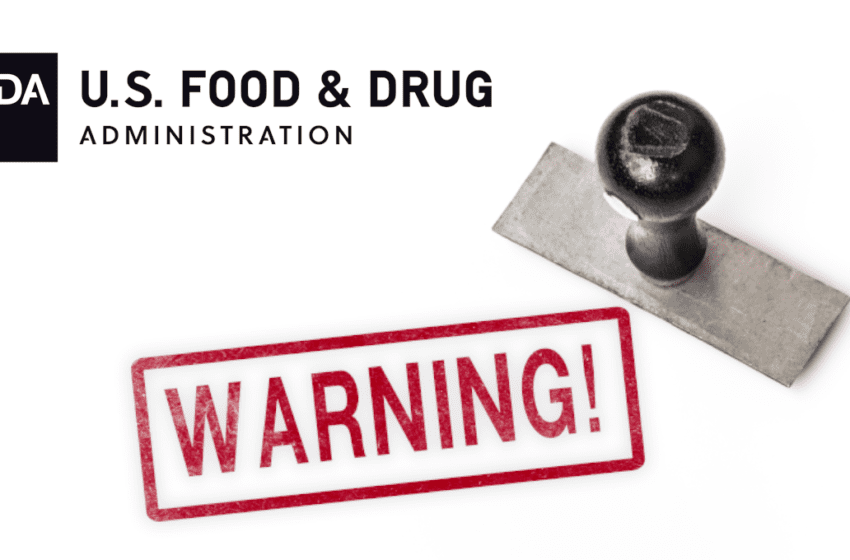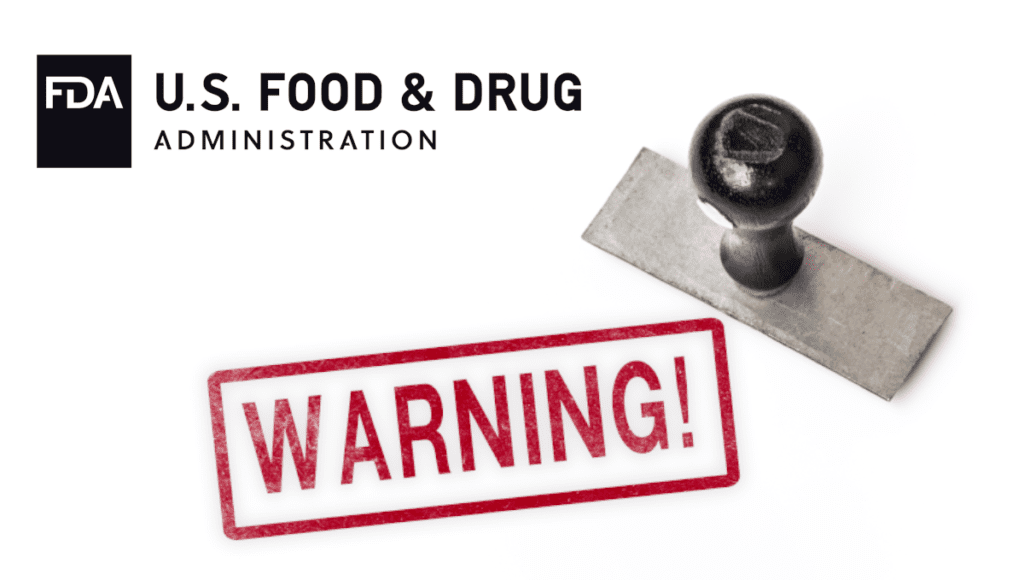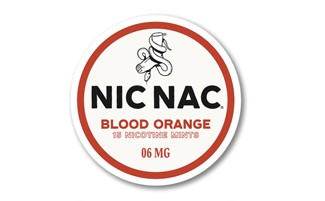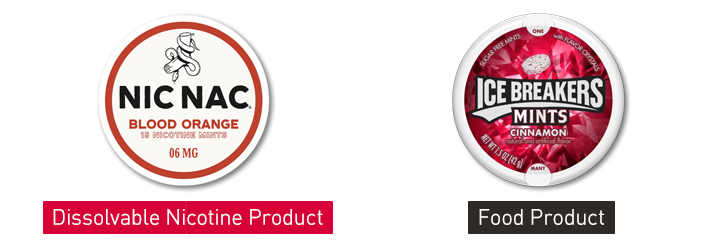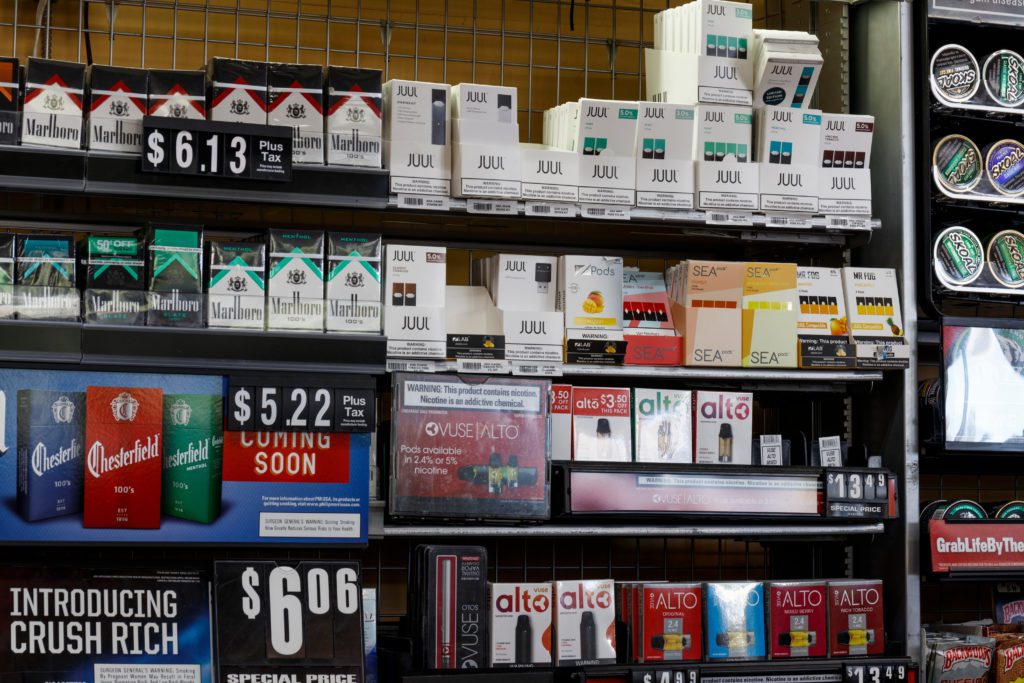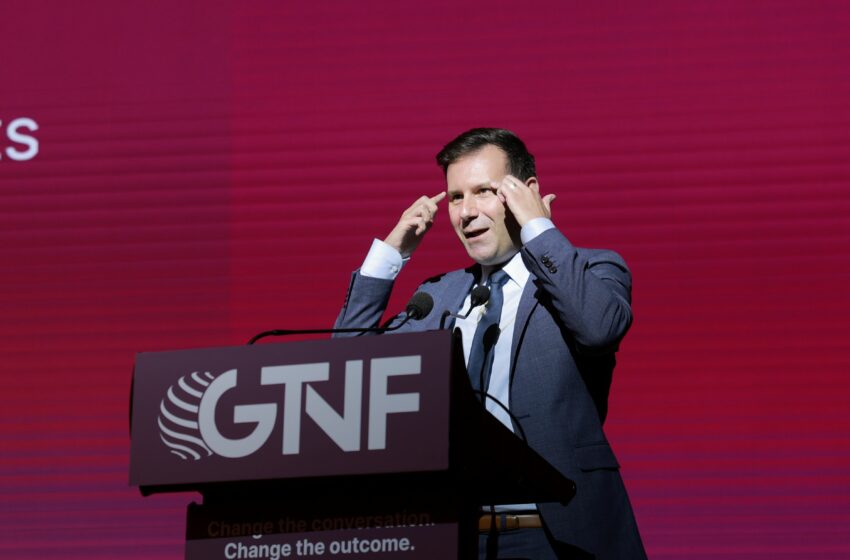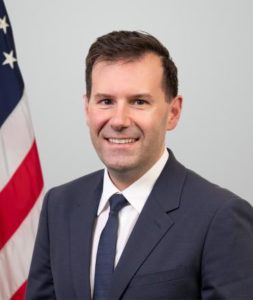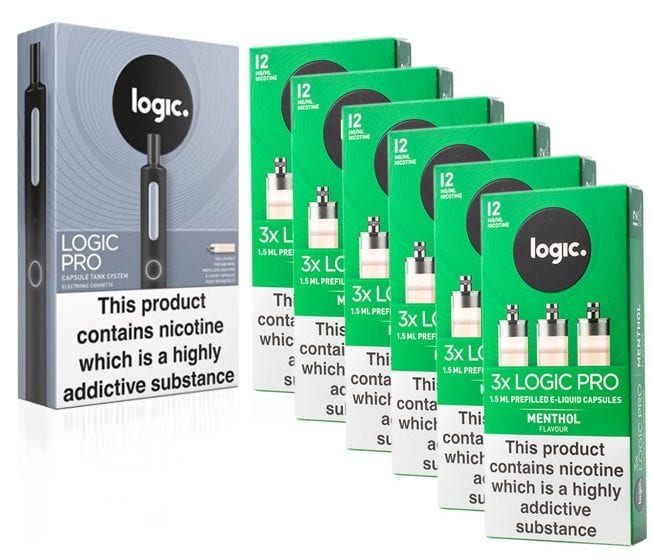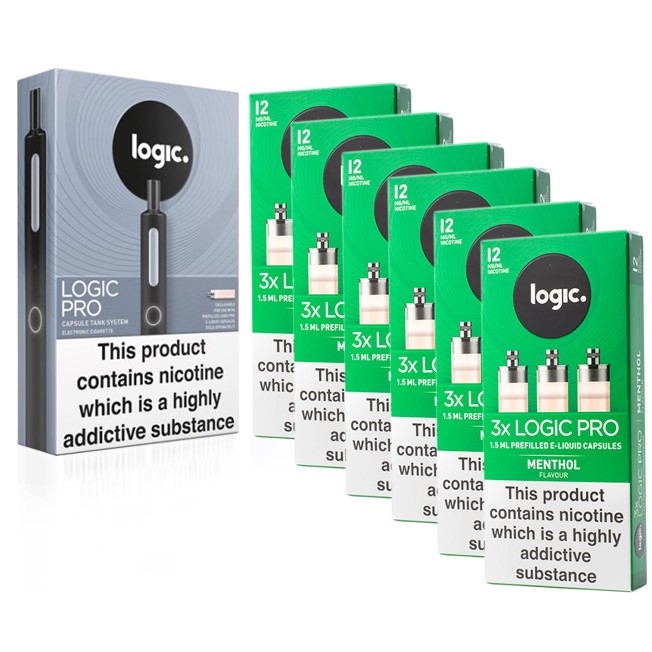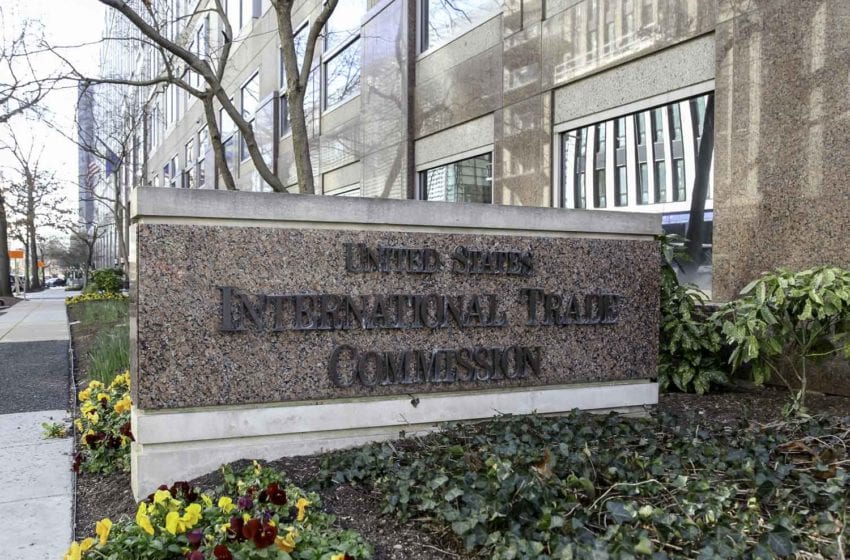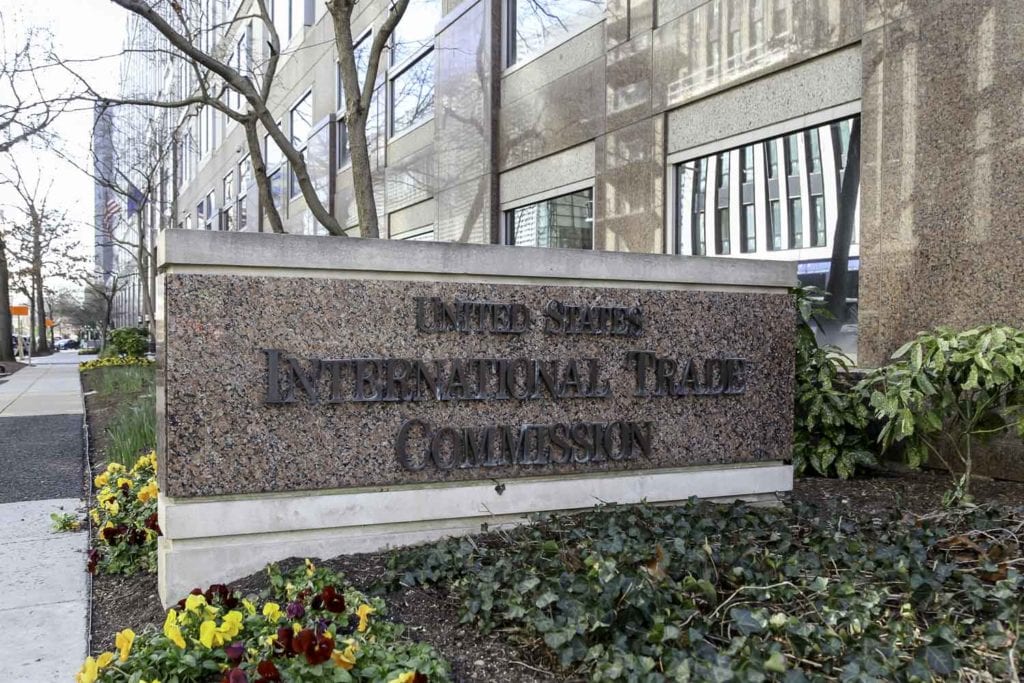The U.S. Food and Drug Administration issued warning letters to seven online retailers for selling unauthorized vaping and e-cigarette products.
According to a press release, the warning letters cite the sale of “popular and youth-appealing” disposable products marketed under the brand names Elf Bar, EB Design, Bang, Cali Bars, and Lava.
The warning letters were aided by FDA’s ongoing monitoring of multiple surveillance systems to identify products that are popular among youth or have youth appeal, the agency states.
Findings released last week from the 2023 National Youth Tobacco Survey found that more than half of current youth e-cigarette users reported using the disposable e-cigarette brand Elf Bar; earlier this year, the manufacturer of Elf Bar began marketing the product under the name “EB Design.”
In addition, the brands Bang, Cali Bars, and Lava were identified as popular or youth appealing by the agency following a review of retail sales data and emerging internal data from a survey among youth, according to the agency.
“FDA’s robust surveillance of the e-cigarette landscape helps us to identify youth-appealing products and to act quickly to protect public health,” said Brian King, director of FDA’s Center for Tobacco Products (CTP). “The goal is to identify, prevent, and reduce these risks to our nation’s youth before they escalate further.”
The retailers receiving warning letters sold or distributed e-cigarette products in the United States that lack authorization from FDA, in violation of the Federal Food, Drug, and Cosmetic Act, according to the agency.
Warning letter recipients are given 15 working days to respond with the steps they’ll take to correct the violation and to prevent future violations. Failure to promptly correct the violations can result in additional FDA actions such as an injunction, seizure, and/or civil money penalties.
In the past year, the FDA has issued more than 400 warning letters to retailers for the sale of illegal e-cigarettes, including through a series of nationwide inspection efforts of brick-and-mortar retailers that resulted in civil money penalties issued to more than 40 retailers nationwide for the highest amount levied to date.
“CTP will continue to closely monitor all those in the supply chain, including retailers, for compliance with federal law,” said Ann Simoneau, director of the Office of Compliance and Enforcement within CTP. “As always, we will hold anyone accountable who sells unauthorized e-cigarettes labeled, advertised, and/or designed to encourage youth use.”
The FDA has authorized 23 tobacco-flavored e-cigarette products and devices.



